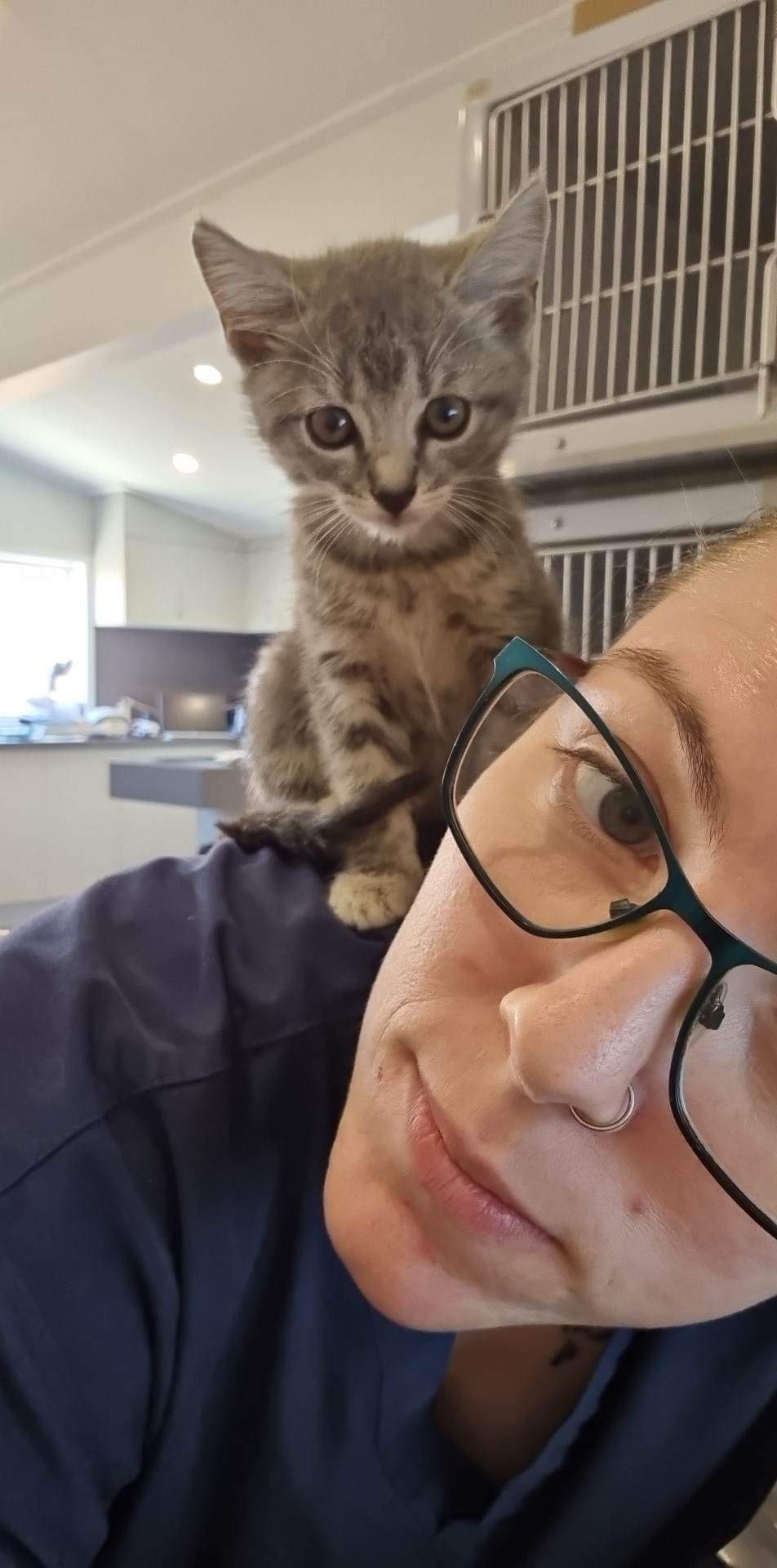Helpful Information for Your Furry Friend
Introducing Our New Kitten Package
Your new kitten is an exciting new family member, but it also requires a range of preventative measures.
We are making it easy for you to give your kitten the essential items in its first year.
Our kitten package deal includes desexing surgery, microchipping and all the required kitten vaccines, including FIV vaccinations (if required). As a thank you for choosing this package, we will offer your kitten free veterinary consultations for 1 year after taking up the offer. Credit is also available on this package(through vetpay or Zip pay).
This package does not include worming and flea treatments as there are many different options depending on your cat’s situation and hunting habits.
Included value:
- 3 x kitten F3 vaccinations
- 3 x FIV vaccinations
- 1 x Microchip
- Female cat neuter or Male cat neuter
- Free veterinary consultations for your kitten for 1 year
PLEASE NOTE THE KITTEN PACK IS NOT TRANSFERABLE TO OTHER CATS
Surgery FAQ
To find out more about your kittens





